Assam Tea Gardens – Where the Earth Brews Gold
When you think of Assam, the first image that comes to mind is of endless green tea plantations stretching over rolling hills. Known worldwide for producing strong, malty black tea, Assam Tea Gardens are not only the backbone of India’s tea industry but also an integral part of Assamese identity and culture. These sprawling estates tell stories of colonial history, traditional lifestyles, and authentic Assamese hospitality. For travelers, a visit to Assam’s tea gardens is more than sightseeing—it’s an immersive journey into the rhythms of plantation life, the aroma of freshly plucked leaves, and the traditions of Northeast India.
🍃 Sip the Story of AssamHighlights of Assam Tea Gardens
☕
Birthplace of Assam Tea, famous for its bold and malty flavor.
🏡
Over 800 tea estates across the state, some dating back to the 19th century.
🚶♂️
Offers guided tours, tea tasting sessions, and heritage stays.
📸
Picturesque landscapes perfect for photography and leisure walks.
🍛
Strong link to Assamese culture, cuisine, and daily life.
🌱
Eco-friendly tourism opportunities blending nature and heritage.
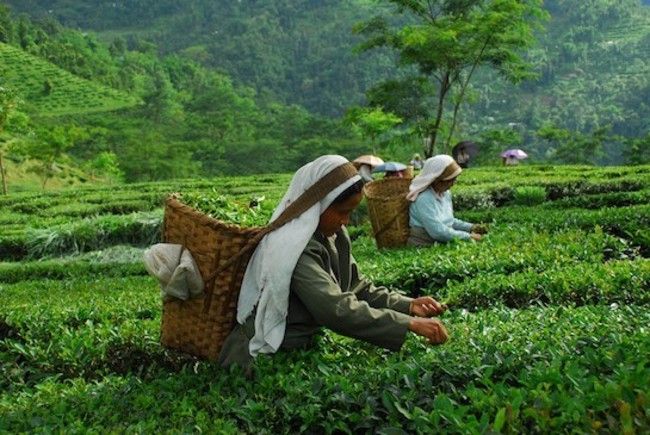
The Legacy of Assam Tea
The story of Assam tea began in the early 19th century when the British discovered wild tea plants growing in the Brahmaputra Valley. With its fertile soil, humid climate, and abundant rainfall, Assam became the ideal region for large-scale cultivation. Today, it remains one of the largest tea-producing areas in the world. Visiting the tea gardens offers travelers a chance to trace this history—exploring colonial bungalows, old factories, and plantations where age-old traditions meet modern cultivation. This deep-rooted legacy makes Assam Tea Gardens an inseparable part of the state’s identity and tourism appeal.
Tea Garden Experiences for Travelers
Assam’s tea estates welcome visitors to step into the world of tea. Guided tours take you through lush green rows of tea bushes, explaining the plucking and processing techniques that give Assam tea its signature flavor. Many estates also offer tea tasting sessions, where you can sample different varieties and learn how subtle changes in climate and soil influence taste. Some gardens provide homestays and heritage accommodations, allowing guests to live amidst the plantations, enjoy authentic Assamese cuisine, and experience plantation life up close. These immersive experiences create unforgettable travel memories.
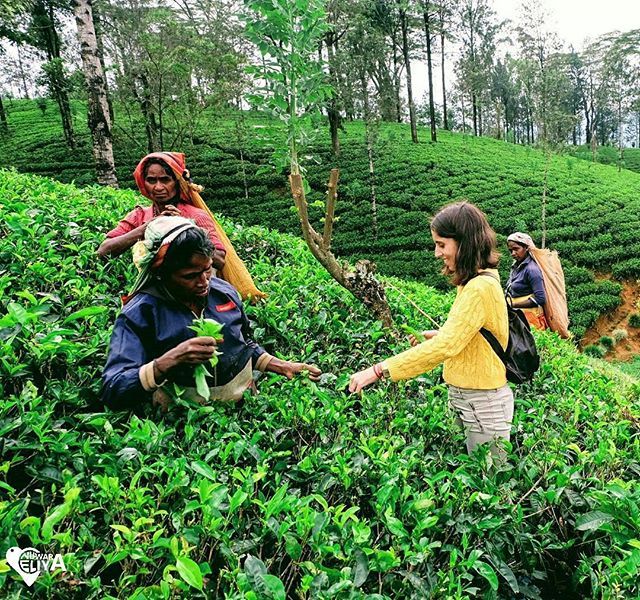
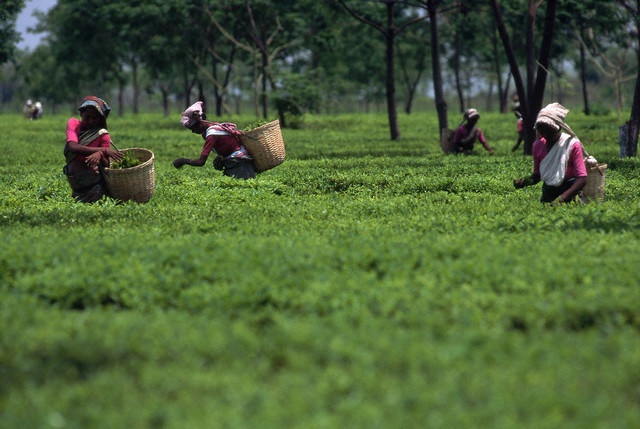
Assamese Culture and Plantation Life
Tea gardens are not just about tea—they are living communities. Thousands of families work on these estates, preserving traditions that are unique to Assamese culture. Travelers often get the chance to watch folk dances like Jhumur, listen to local music, or enjoy regional dishes prepared with fresh, homegrown ingredients. The plantation lifestyle, with its simplicity and authenticity, reflects the close bond between people and nature. By visiting these gardens, travelers can gain a deeper understanding of the human stories woven into Assam’s tea heritage.
Scenic Beauty and Photography Opportunities
Beyond history and culture, Assam’s tea gardens are breathtakingly beautiful. Endless stretches of tea bushes create lush green carpets, punctuated by tall shade trees and winding trails. The landscape is especially enchanting during sunrise and sunset, when golden light filters through the misty air. These picturesque settings make the gardens a favorite for photographers and travelers who love scenic walks. The tea gardens also provide a peaceful escape from busy city life, offering serenity and natural charm that define authentic Northeast India travel experiences.
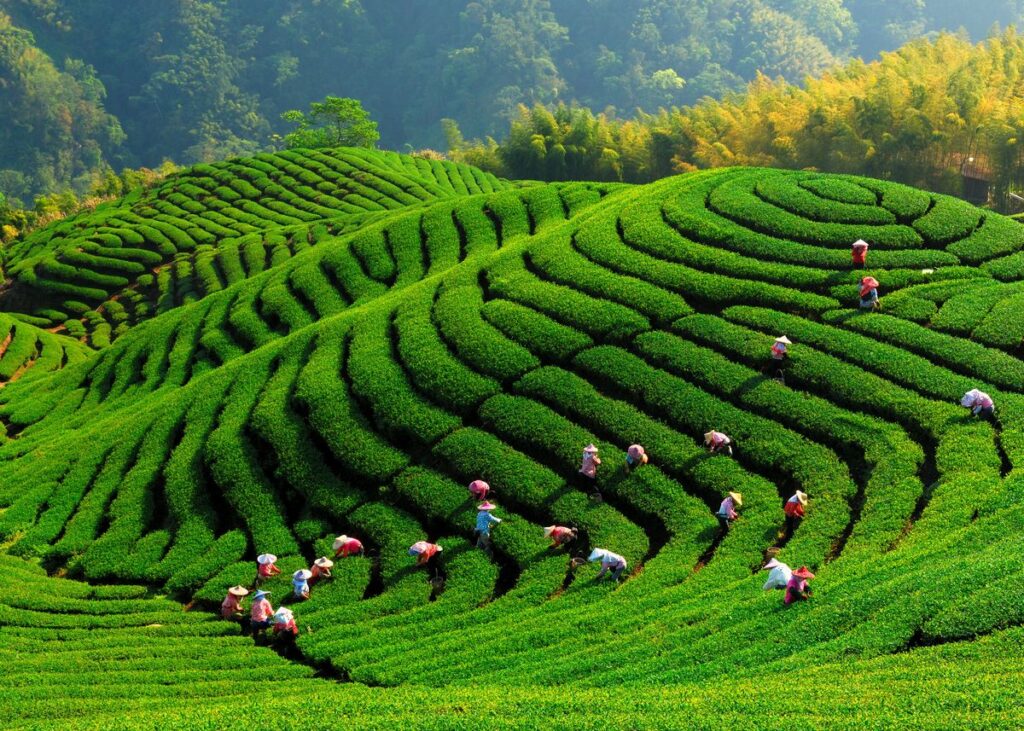
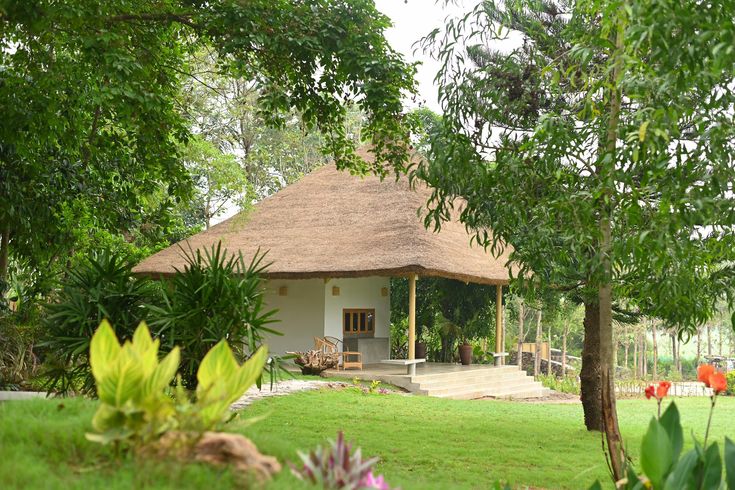
Sustainable Tourism and Eco-Friendly Practices
Many tea estates in Assam are embracing eco-tourism and sustainable practices, ensuring that travel experiences remain authentic while protecting the environment. Some gardens encourage organic farming, promote biodiversity, and offer visitors an insight into conservation efforts. By supporting these initiatives, travelers not only enjoy their stay but also contribute to preserving Assam’s natural and cultural heritage. This balance of tourism and sustainability makes Assam Tea Gardens a meaningful destination for responsible travelers.
FAQs about Assam Tea Gardens
Q1. Where are Assam Tea Gardens located?
Tea gardens are spread across the Brahmaputra Valley in Assam, with major estates in districts like Jorhat, Dibrugarh, Tinsukia, and Golaghat.
Q2. What is Assam Tea famous for?
Assam Tea is world-renowned for its bold, malty flavor and is often used in strong breakfast teas like English Breakfast and Irish Breakfast.
Q3. Can tourists visit Assam Tea Gardens?
Yes, many estates welcome visitors with guided tours, tea tasting sessions, and even heritage bungalows for overnight stays.
Q4. What is the best time to visit Assam Tea Gardens?
The best time is between March and November when plucking is in full swing and the estates are lush and green.
Q5. What cultural experiences can I enjoy in tea gardens?
Travelers can enjoy Assamese folk dances, traditional cuisine, plantation life, and authentic interactions with local communities.
Q6. Are Assam Tea Gardens family-friendly?
Absolutely. With open landscapes, serene walks, and engaging tours, they are ideal for families, couples, and solo travelers alike.
A journey through the Assam Tea Gardens is a journey into the heart of Assamese culture, tradition, and hospitality.
From learning how the world’s finest teas are made to experiencing plantation life and enjoying breathtaking landscapes, every moment here is enriching and authentic. Whether you’re a tea enthusiast, a culture lover, or a traveler seeking tranquility, Assam’s tea estates promise unforgettable experiences.

